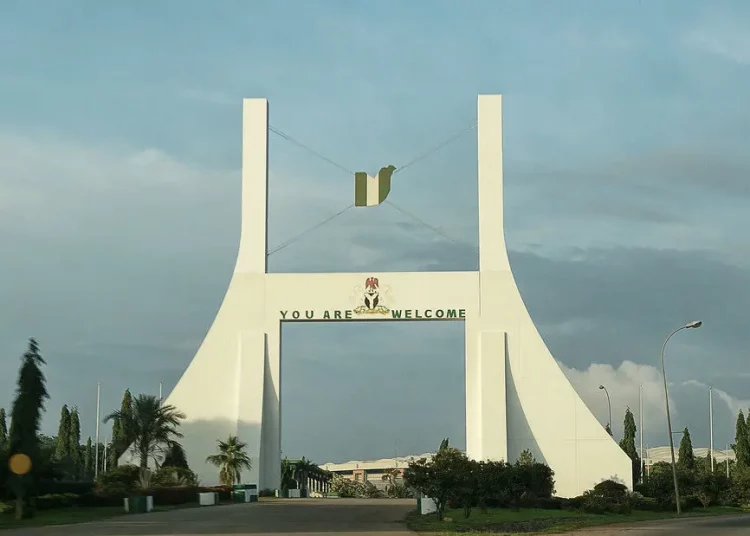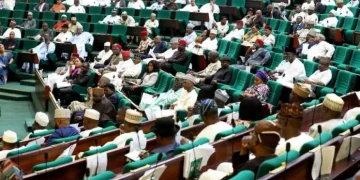Natives of the Federal Capital Territory (FCT) have said that if the harmonisation of taxes is allowed to stand the way it has been proposed by the FCTA, without due consideration given to the area councils, it would affect the development of the rural communities negatively.
It could be recalled that the FCTA, through the Chairman of FCT-IRS, Haruna Abdullahi had said that the harmonisation system is duly backed by extant laws and regulations.
That the Federal Capital Territory Internal Revenue Service Act entrusts the FCT-IRS, with a duty to collaborate with relevant stakeholders and agencies in harmonising and improving our tax practices, to optimize revenue generation efforts, while ensuring simplicity, transparency, and accountability in our tax systems.
That the harmonisation drive is not just about increasing revenue, but about building a system that works for everyone, a system that respects the contributions of every stakeholder, and a system that uses these contributions for the benefit of all.
However, Elder Danjuma Tanko Dara, one of the major stakeholders of the FCT in a press briefing tagged, ‘Way Forward For Area Council Chairmen in the Face of Harmonised Taxation,’ in Abuja yesterday, said that although harmonization may not be bad, there is the need to ensure major revenue generation sources are given to area council to manage.
According to Dara, revenue harmonisation is good, but things should be done the right way, and the FCTA should do it about the implementation of the idea, whereby the area councils, mostly Abuja Municipal Area Council (AMAC) would not be deprived of their constitutional rights to generate revenue for the council on it own.
He further said that as major stakeholders, they have been observing burning issues over tax collection and control in the FCT, which include clashes between AMAC and the FCTA over defined and legitimate rights between the two organs of government.
He explained that since government works better with the payment of taxes by citizens if the council chairmen are stripped of some of their constitutional generation agencies, because of the harmonization policy, it would affect the council negatively and deny the people the dividends of democracy.
“We are aware that the AMAC leadership has been doing enough to ensure that the issue of double taxation is eradicated from the council, this they have been doing by involving their revenue monitoring team to avoid duplications and loggerheads.
We can not change the fact that the council needs this revenue to deliver democratic dividends to the people at the grassroots.
“Consequently, the FCTA should endeavour to ensure proper inclusiveness to state status for true enhancement of democratic structures. We observed the fraction between FCDA and AMAC is a result of the desire for FCTA’s concern for the rich, hence they do not have any other places in Abuja other than developed areas. That is very bad.
“AMAC is concerned about reaching out to people at the grassroots which are feeders of people in the city. No single provision of boreholes, rural electricity, health care facilities, or access roads by FCTA outside interested areas, and that must stop.
“So, I want to appeal to the FCT administration that for the success of the proposed harmonisation, they should collapse the area councils taskforce on revenue monitoring and collection into the FCT-IRS to ensure more transparency, accountability, and trust, so that the task force can continue aiding the FCT-IRS in apprehending illegal revenue collectors and invaders,” he said.
The elder statesman further advised the staff of FCTA to always see themselves as civil servants, not politicians who are saddled with responsibilities to meet the aspirations of the common man.











